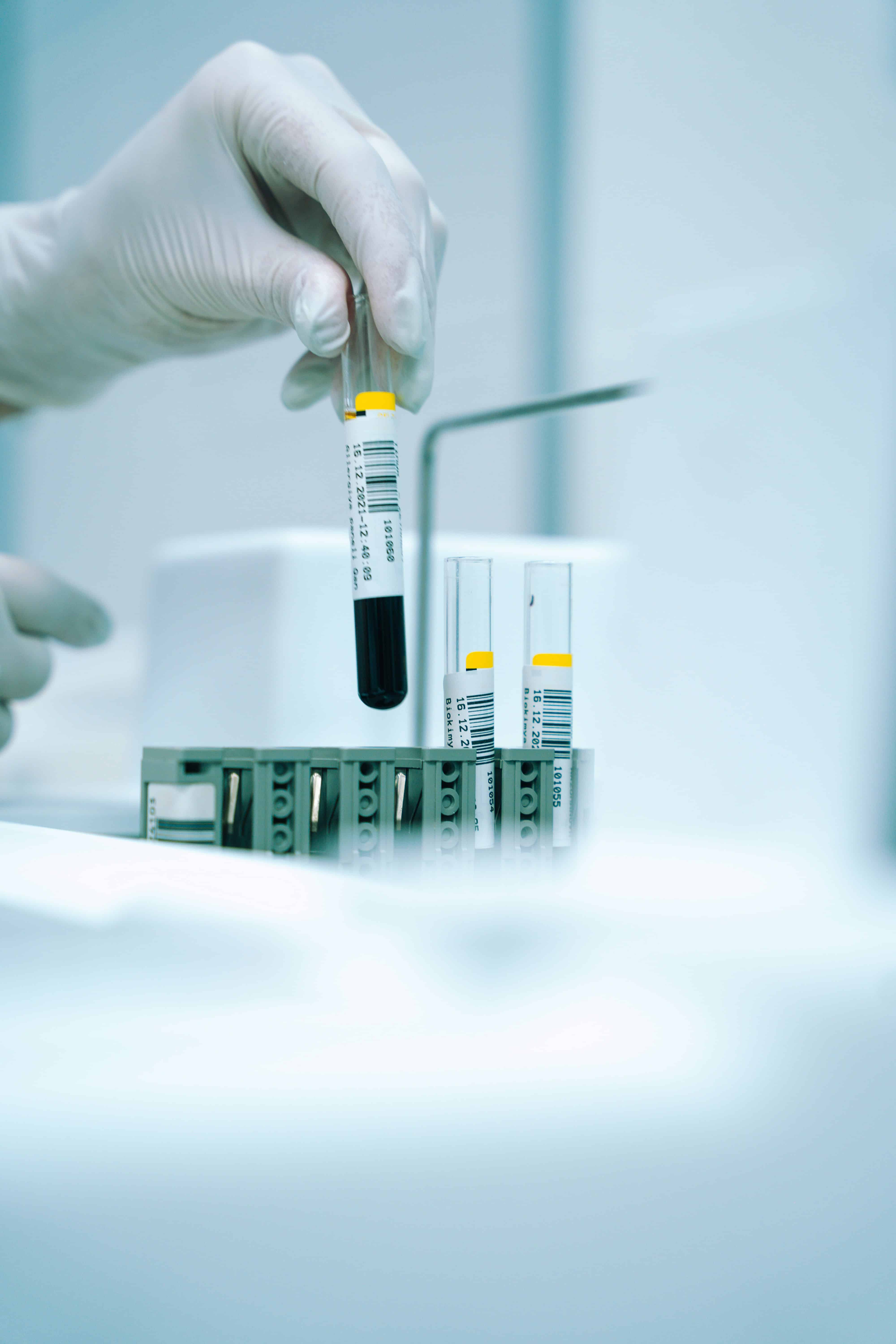How LIMS Can Help Standardise Your Laboratory Processes
Standardise for Success: LIMS in Laboratory Operations
Standardised lab processes are the foundation for consistent, compliant, and efficient labs. Standard Operating Procedures (SOPs) and protocols are key to this effort, offering clear guidelines for all lab activities. These are important across various industries such as health (pharmaceuticals, veterinary), manufacturing (chemicals, plastics, textiles), agriculture (food production, agriculture), and other manufacturing and contract sectors.
- In regulated environments, such as pharmaceutical and manufacturing labs, adherence to SOPs ensures compliance with industry standards and regulations like FDA, ISO, and GMP.
- In non-regulated labs, SOPs are essential for maintaining consistency and quality.
When things go wrong, it’s often due to a lack of standardised processes in the lab, and the consequences can be severe: errors in data management, inconsistent workflows, and non-compliance with regulations can lead to major disruptions. These issues can result in failed audits, legal penalties, loss of accreditation, and damage to the lab’s reputation. In the worst cases, they can even endanger public health and safety.
A LIMS can support these standardisation efforts by providing a structured framework that boosts quality and operational efficiency. By helping labs keep their processes consistent and reducing the risk of errors and non-compliance, LIMS standardisation leads to smoother and safer lab operations.
Why LIMS Standardisation?
Cost Savings
Standardising processes leads to cost savings by reducing errors and inefficiencies. It impacts budget management and resource allocation positively. By identifying and eliminating wasteful practices, labs can operate more cost-effectively. LIMS standardization of processes ensures that procedures are carried out consistently and accurately, reducing variability and improving the reliability of results. This is particularly important in regulated environments where adherence to protocols is critical for compliance and quality assurance. By implementing standardised workflows, labs can ensure that every technician follows the same procedures, leading to more reliable and reproducible outcomes.
Resource Management
Effective resource management maximises productivity. A LIMS optimises resource use by ensuring that lab personnel can focus on their core tasks without being bogged down by manual processes. Labs using LIMS for resource management see significant improvements in productivity. By reducing the team load without compromising output, labs can better manage their human and material resources.
For example, a manufacturing lab saw a 75% decrease in data retrieval time, and a 50% reduction in transcription errors after integrating LabHQ. Additionally, their records and data storage became more secure with electronic back-up, and communication between the laboratory and production teams significantly improved productivity & collaboration, thanks to email alerts of status updates & a real-time view of results. These improvements were largely down to automating routine tasks and more effective scheduling of lab activities - tangible benefits of resource optimisation through standardisation.
Enhanced Productivity
Simplifying workflows and procedures boosts productivity and lifts team morale. By streamlining processes with predefined workflows, task tracking, and due dates, LIMS makes lab work more efficient and less stressful. This approach cuts down on manual tasks, letting lab staff focus on more important work. With LIMS, operations become smoother, error rates drop, and overall lab productivity and efficiency get a significant boost. It's a game-changer for any lab looking to improve its workflow and reduce stress.
Implementing SOPs and Protocols with LIMS
Creating and Managing SOPs
A LIMS facilitates the creation, storage, and management of SOPs, ensuring that all team members have access to the latest protocols. This centralised management supports compliance and consistency. Implementing SOPs with LIMS involves creating, storing, and managing these procedures in a centralised system, making it easy to update and distribute new protocols as needed. This centralised management of SOPs ensures that every technician works with the most current information, reducing the risk of errors and non-compliance.
Ensuring Compliance with Regulations
Ensuring compliance with regulations is a significant challenge for labs, but LIMS helps maintain adherence to key standards such as FDA, ISO, and GMP. The system supports regulatory compliance through features like audit trails, electronic signatures, and automated documentation. These features make it easier for labs to meet regulatory requirements consistently.
Benefits for Lab Managers and Compliance Personnel
Simplified Workflows
LIMS significantly reduces manual tasks and paperwork, streamlining daily operations and leading to enhanced efficiency. This reduction in manual work allows lab managers to focus more on managing lab activities and overseeing compliance. For example, implementing LIMS can reduce the time spent on manual data entry, allowing the team to focus on critical tasks such as analysis and quality control.
"LabHQ has helped us improve our blending efficiency and turnaround times. It’s also cut down the time it takes to enter results, improved our lab turnaround time on samples and helped us reduce both correction times & concession times"
Improved Oversight and Control
LIMS enhances the ability to monitor and control lab activities through real-time data access and reporting capabilities. This improved oversight leads to better decision-making and control. Lab managers and compliance personnel can use LIMS to track progress, ensure adherence to SOPs, and identify areas for improvement.
Standardise Your Lab’s Success
Standardising lab processes with a LIMS is the cornerstone for creating consistent, compliant, and efficient labs. By implementing SOPs and protocols, labs across various industries can align their operations with industry standards and regulations. LIMS supports these efforts by offering a structured framework that enhances quality and operational efficiency, simplifying workflows, improving resource management, and boosting productivity through predefined workflows, task tracking, and due dates. This reduces errors and inefficiencies, allowing lab personnel to focus on critical tasks.
For lab managers and compliance personnel, LIMS provides tools to create, manage, and update SOPs, giving everyone access to the latest protocols. It also aids in maintaining regulatory compliance with features like audit trails and electronic signatures, meeting key standards consistently.
Adopting a LIMS like LabHQ makes lab operations more reliable, efficient, and compliant. By streamlining processes and enhancing oversight, labs can achieve significant improvements in productivity, quality, and safety, ultimately securing long-term success and trust in their operations.
Discover how LabHQ can help standardise your laboratory processes and transform your operations. Explore our features and see how our LIMS can meet your lab's unique needs.

Want more insights like this?
Subscribe to The LabHQ Monthly for regulatory updates, lab efficiency tips, and product news – delivered straight to your inbox.
Monthly emails. Unsubscribe anytime.



